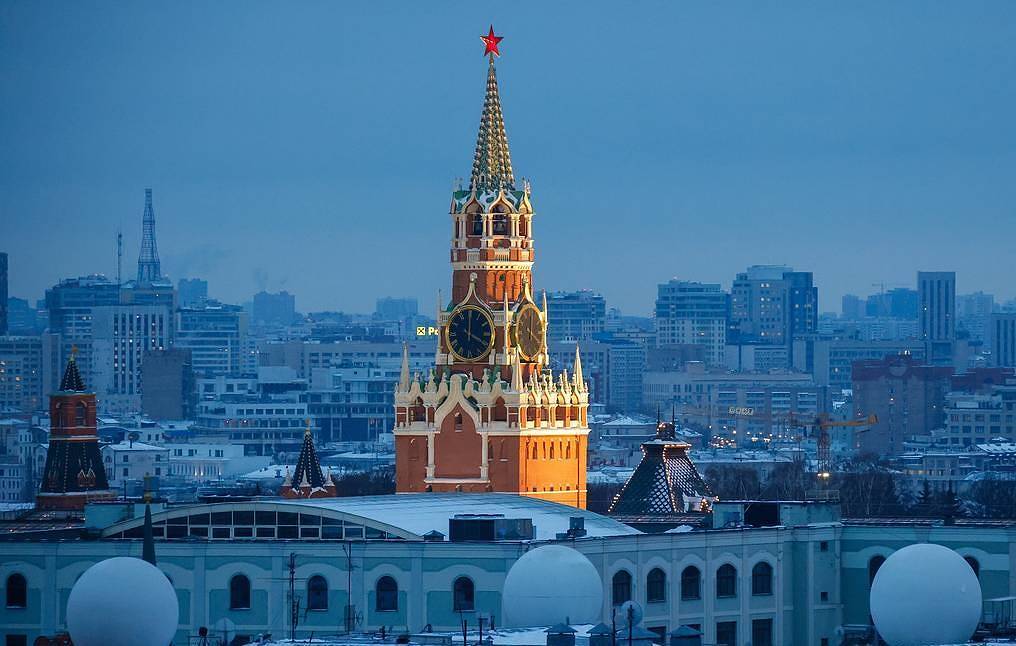The House Rules Committee has approved the amendment put forth by Representative Tom Malinowski (D-New Jersey), giving the Biden administration a six-month deadline to submit a report on whether any of the 35 individuals listed by name meet the criteria to be blacklisted under the Global Magnitsky Act, an anti-Russian sanctions law.
First on the list is Roman Abramovich, a Russian-Israeli businessman best known as the owner of the Premier League football club Chelsea. Other business figures on the list include VTB bank executives Denis Bortnikov and Andrey Kostin; businessmen Oleg Deripaska, Alisher Usmanov and Gennady Timchenko; Gazprom CEO Alexei Miller and Rosneft CEO Igor Sechin; as well as Transneft chairman Nikolai Tokarev.
A number of senior government officials are also mentioned by name: Prime Minister Mikhail Mishustin, Agriculture Minister Dmitry Patrushev, Health Minister Mikhail Murashko, and Deputy Defense Minister Andrei Kartapolov.
Targeting the Kremlin, the bill lists presidential press secretary Dmitry Peskov, presidential chief of staff Anton Vaino, and first deputy Sergei Kirienko.
Moscow Region Governor Andrey Vorobyev and Leningrad Region Governor Alexander Beglov were also on the list, along with Moscow Mayor Sergey Sobyanin, Central Election Commission head Ella Pamfilova, head of the federal prison service Alexander Kalashnikov, and chair of the state development corporation VEB Igor Shuvalov. So were the chiefs of the Federal Security Bureau (FSB) Alexander Bortnikov and the Investigative Committee (Sledkom) Alexander Bastrykin, and National Guard chief Viktor Zolotov.
A number of junior state and local officials were likewise listed, including the transport chief of the Economic Security Service, Victor Gavrilov, head of the Chelyabinsk FSB Dmitry Ivanov, Khimki district judge Elena Morozova, as well as police chief Igor Yanchuk, and Moscow chief prosecutor Denis Popov. The sanctions proposal also included former chief prosecutor general Yuri Chaika and former deputy justice minister Pavel Krasheninnikov.
In addition to government officials, the list included RT editor in chief Margarita Simonyan, Channel 1 CEO Konstantin Ernst, and TV talk show host Vladimir Solovyev.
Congressional staffer Paul Massaro described the proposal as an “amazing counter-kleptocracy national defense bill”. It is attached to the National Defense Authorization Act (NDAA), the must-pass bill to fund the US military, which is currently making its way through the House and the Senate.
Sanctions against any of the listed individuals would be based on the Global Magnitsky Act, a 2016 expansion of the 2012 law adopted by the US at the behest of international investor Bill Browder, who has sought to counter charges of tax evasion against him in Russia with claims of human rights violations by the Kremlin.
Peskov told the media on Thursday US legislators’ proposals for imposing sanctions against a number of Russian officials are nothing but an intra-parliamentary exercise, which has a long way before it will materialize.
“It’s an intra-parliamentary exercise. Before it can materialize and be activated it will have to go a very long way,” Peskov said.
“It is common knowledge that in various congressional commissions there are a tremendous number of people who have a very vague idea about Russian realities, but at the same time they fiercely hate our country,” he continued.
“Sooner or later, when such documents move on, they eventually end up in the hands of those who, while feeling a dislike towards our country, also possess some expert knowledge,” Peskov stated, adding, “For this reason, we believe it is premature to comment on such projects.”
Sources: RT, TASS
